The content and opinions provided on this site have not been provided or commissioned by any issuer of the financial products and/or services appearing on this site. The content and opinions have not been reviewed, approved or otherwise endorsed by an issuer. Offers may be subject to change without notice. For more information, please read our full disclaimer.
Starting college is an exciting new chapter of freedom. You can set your own schedule, pick your meals, and even make purchases with your first credit card. But if you're just starting to build your credit, you might not qualify for cards that need good credit scores. Don't worry, though! There are options out there for you. Secured credit cards are perfect for building or rebuilding credit, even if you have no credit history or past credit issues. Plus, many cards are tailored for college students, often offering perks like no annual fees.
Secured versus Unsecured Credit Cards
Credit card applicants with poor or no credit who might otherwise be denied for an unsecured credit card, can opt for a secured credit card. This is a credit card where you give the lender a deposit to hold on to, as a kind of insurance that you will be responsible with the credit card; making regular monthly payments and demonstrating that you are worthy of credit. The deposit required is typically equal to the amount of your credit limit, ensuring any money you spend is covered by the deposited amount. Secured card lenders will report credit card activity to the leading credit bureaus and over time with responsible spending and consistent on-time monthly payments (generally a year or so) your FICO® credit score with grow.
Once you’ve shown a consistent pattern of responsible behavior and your FICO® credit score climbs to somewhere between 580-670, you will be among those with “Fair” credit. Those with fair credit have more credit card options, including eligibility for unsecured credit cards. These unsecured credit cards do not require a deposit, meaning the lender will trust you with their money. That said, you might have to pay a higher variable interest rate or have fewer card benefits than those for people with good to excellent credit.
That’s ok though, you are on your way to building your credit and in time you can grow your credit score even more. Once you find your FICO® credit score at 680 (typically considered good credit), you will have even more credit card options available to you, with more benefits and rewards programs to choose from. Then after time, should you get to excellent credit, you will get to decide what you want and what works best for your needs as the credit card lenders will be vying for you to choose them.
More >>> How to Build Credit in College
Mistakes to Avoid When Building Credit
Some common mistakes to avoid when building your credit are applying for too many cards, maxing out your cards and missing or making late payments.
Applying for Too Many Credit Cards
Did you know that each time you apply for a credit card it can negatively impact your credit score? When you submit a credit application the lender will want to review your credit history and understand your current debt situation to determine if lending you money in the form of a credit card is a good idea. This can cause your credit score to go a down a few points. If you apply for multiple cards this can happen multiple times and the aggregate point drop could be substantial. You should only apply for cards you truly want and only those you really need.
Maxing Out Your Credit
When those lenders check your credit to see how much debt you currently have, they will also be looking at how much debt you potentially have (available credit vs. credit limit). This means, they will look at your credit usage, how much of your available credit you have used versus what the maximum credit limits are on your open accounts. If you have used all your available credit (i.e., you maxed out your current credit cards) there’s a good chance a lender will not want to give you more money, as it appears that you are not very good at managing your money well.
Additionally, this usage factor impacts your current credit score. Ideally your credit utilization will be 30% or less. This means that if you have $1,000 of available credit amongst all your accounts, you will want to use only $300 of it, anything more equates to a higher utilization rate and a potentially lower FICO® credit score.
Missing or Making Late Payments
Probably the most important thing you can do to grow your FICO® credit score is to make consistent on-time monthly payments, paying at least the minimum amount due, but more would be best if you can afford it. When you make late payments or miss payments altogether these will get reported to the credit bureaus and will negatively affect your FICO® credit score. Always ensure you can make the minimum monthly payment when it’s it due, when working to establish a strong credit history.
If you are ready to start spending responsibly, we’ve got some recommendations for you for prospective credit cards for students with fair credit. Here are our picks for best student credit cards.
Avant® Credit Card
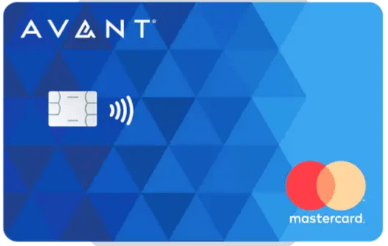
- Variable APR
- 29.99% - 35.99%
- Annual Fee
- $39
With no deposit required, this card can help build credit for those who use the card responsibly and pay their monthly bill on time.
- No Deposit Required
- Fast and Easy Application Process
- Returned Payment Fee: Up to $25
- See the Provider's terms for more information
Capital One® Platinum Secured Credit Card
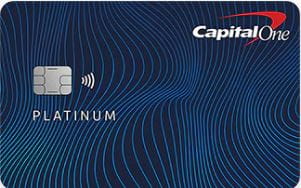
- Variable APR
- 29.74%
- Annual Fee
- $0
The easy to use Capital One Platinum Credit Card is a great way to help you build your credit when used responsibly. If you have a fair or limited credit score, you are likely to still be eligible for a Capital One Platinum Credit Card. See website for details.
- No hidden fees
- Eligible cardholders considered for credit line increase in as little as 6 months
- Reports to All 3 major credit bureaus
Capital One® QuicksilverOne® Cash Rewards Credit Card
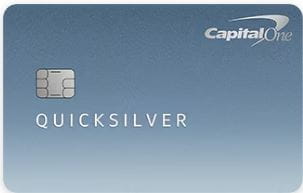
- Variable APR
- 29.74%
- Annual Fee
- $0
The Capital One Quicksilver Secured Rewards Credit Card is for cardholders who prioritize cash back rewards. With the Capital One Quicksilver Secured Rewards Credit Card, 1.5% cash back is earned on each and every purchase. See website for details.
- Tap to pay
- 1.5% cash back on eligible everyday purchases
- Proactive account alerts
Petal®2 Cash Back No-Fees Visa
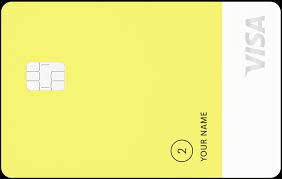
- Cash Back
- 1-1.5%
- Annual Fee
- $0
This Cash Back No Fees Visa Credit Card is available to those eligible in the range of limited to great credit and does not require a security deposit. See website for details.
- Variable APR: 28.99% - 33.99%
- 1% cash back first 12 months; 1.5% afterwards
- Build your credit with responsible use
Petal®1 No Annual Fee Visa®
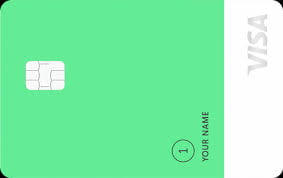
- Cash Back
- 2-10%
- Annual Fee
- $0
The Petal 1 No Annual Fee Visa Credit Card is available to applicants ranging from those with little to no credit all the way to those with fair credit. See website for details.
- Variable APR: 28.99%-33.99%
- Earn a credit line increase in 6 months
- No security deposit required
Discover IT® Student Cash Back Credit Card
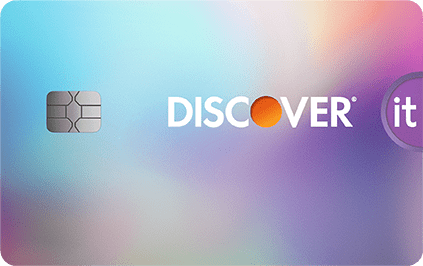
- Cash Back
- 5%
- Annual Fee
- $0
The Discover IT Student Cash Back Credit Card is designed with students in mind. This card is a good fit for students that want to earn cash back rewards while continuing to build their credit. See website for details.
- Variable APR: 17.74-26.74%
- Build your credit with responsible use
- Choose your own card design
Discover IT® Student Chrome Credit Card
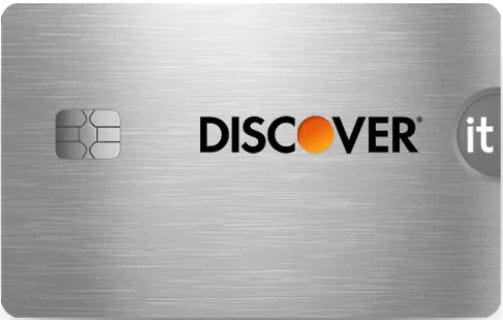
- Cash Back
- 2%
- Annual Fee
- $0
The Discover IT Student Chrome credit card is a great choice for any student looking for the chance to build their credit history while also earning rewards and cash back at gas stations and restaurants. See website for details.
- Variable APR: 17.74-26.74%
- Unlimited cash back match
- No credit score needed to apply
Credit One® Bank Platinum Visa®
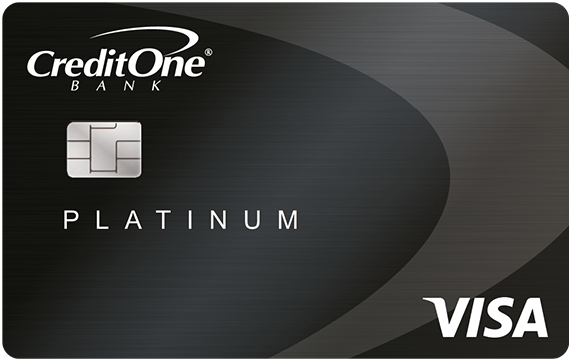
- Variable APR
- 29.49%
- Annual Fee
- $39
Those with good to excellent credit are eligible to apply for the Credit One Bank Platinum Rewards Visa Credit Card without the worry of any annual fee. Perfect for earning everyday rewards. See website for details.
- Unlimited 1% cash back rewards on eligible purchases
- Zero fraud liability coverage
- Free online access to your credit score








